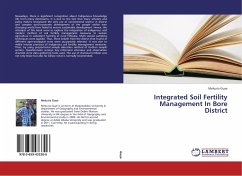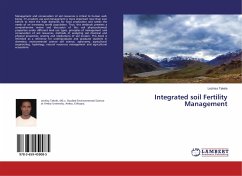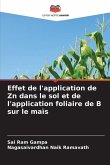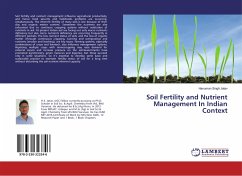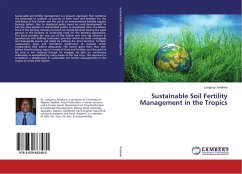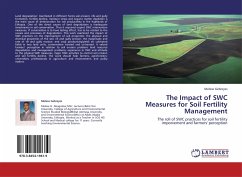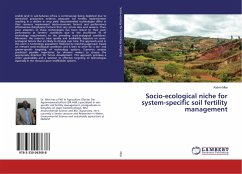Nowadays, there is significant recognition about Indigenous Knowledge (IK) from many dimensions. It is due to the fact that many scholars and policy makers recognized the only use of conventional science in diverse and complex socio-economic development of the people within ever changing world have failed to ensure sustainable development. Hence, the attempts of this book were to explore the integration of indigenous and modern method of soil fertility management measures to sustain agriculture in subsistent farming at rural Ethiopia. Multi variate sampling techniques were applied. Thus, three kebele from the district that found at different agro-ecological zone were purposively selected. It was due to visible intense practices of indigenous soil fertility management measures. Then, by using proportional sample allocation method of Kothari sample section. Questionnaire surveys, key informant interview and observation checklist were data gathering tools used. The use of chemical fertilizer was not only lesser but also far below what is normally recomended.
Bitte wählen Sie Ihr Anliegen aus.
Rechnungen
Retourenschein anfordern
Bestellstatus
Storno

